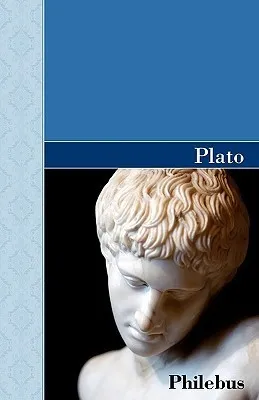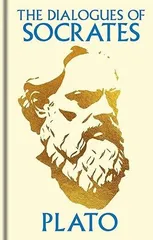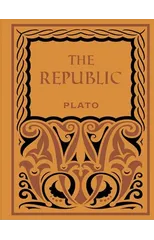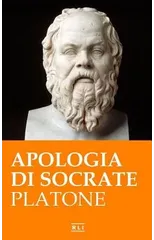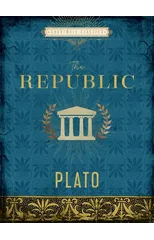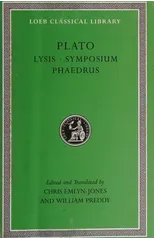In one of his last dialogues, Plato examines the comparative worth of pleasure and knowledge. Philebus is a hedonist who argues that enjoyment is the ultimate good in human life. He is countered at the outset of the dialogue by Socrates, who claims that wisdom and knowledge are more important. Never content to simply argue a point, however, Socrates then goes on to reconsider his own views and ultimately ends up with a more complex vision of what constitutes the good life. Less dramatic and more contemplative than earlier dialogues, Philebus is an indispensable component of the Platonic canon.
Plato
Plato was an ancient Greek philosopher and the founder of the Academy in Athens, the first institution of higher learning in the Western world. His most notable works include "The Republic," "Symposium," and "Phaedo." Plato's dialogues are written in the form of conversations between Socrates and other characters, exploring themes such as ethics, politics, and metaphysics.
Plato's influence on literature is profound, as his philosophical ideas have inspired countless writers and thinkers throughout history. His most famous work, "The Republic," is a seminal text in political philosophy and has had a lasting impact on the genre. Plato's literary style is characterized by its use of dialogue, dialectic, and allegory, making his works both engaging and thought-provoking.
